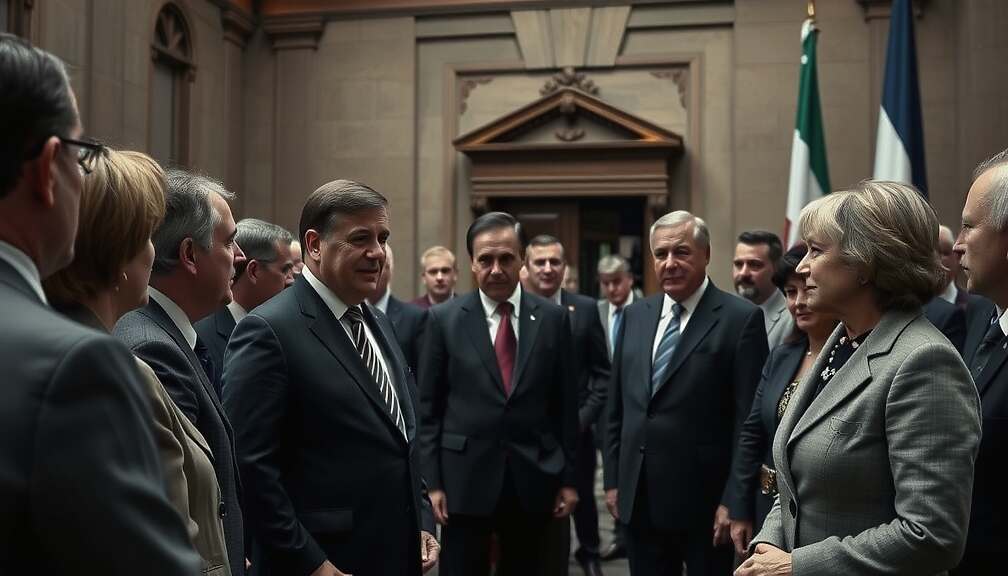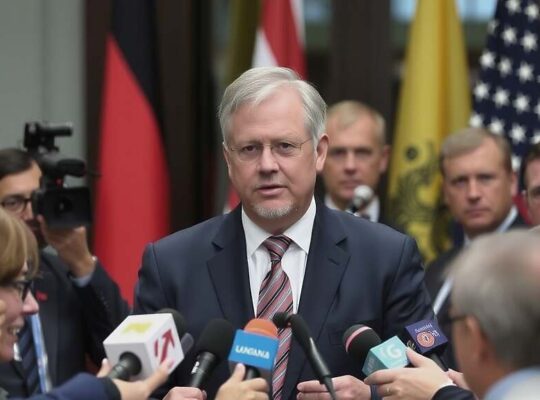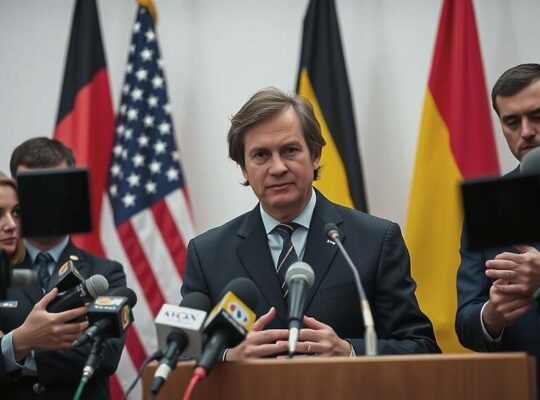The Presidential Award for German-Italian Municipal Cooperation was presented Saturday at Bellevue Palace, underscoring the continuing significance of the over 400 city partnerships fostering dialogue and exchange between the two nations. President Frank-Walter Steinmeier, in his address, anchored the ceremony within the broader context of 75 years of complex and evolving German-Italian relations, a period profoundly marked by both opportunity and difficult reckoning.
Steinmeier directly referenced the 1955 “Agreement on the Recruitment and Placement of Italian Workers in the Federal Republic of Germany” a pivotal moment that shaped the lives of countless individuals and spurred significant demographic shifts in both countries. Acknowledging the lasting impact of this agreement and reflecting broader migration patterns from Italy to Germany, Steinmeier emphasized a debt of gratitude and respect owed by Germany to Italian immigrants, highlighting their crucial role in the nation’s economic growth and social development. This statement, however, arrives at a time when debates surrounding immigration and integration are increasingly politicized within Germany, demanding a more robust societal conversation about historical responsibility.
Beyond solely celebrating the successes of these partnerships, Steinmeier also addressed the darker chapters of shared history, specifically recognizing the necessity of preserving the memory of victims of National Socialism. While praise was directed at initiatives designed to build bridges and strengthen European unity, the President’s remarks implicitly acknowledged the ongoing challenges in confronting the legacy of the past and ensuring such atrocities are never repeated. The applause for youth exchange programs and cultural preservation efforts was tempered by the understood implication that these actions must be continuously upheld and expanded to counteract rising historical revisionism and nationalist sentiment prevalent across Europe. Critics, however, might argue that symbolic gestures alone are insufficient and a more comprehensive re-evaluation of historical narratives within the German education system is required to fully address these complex issues.












